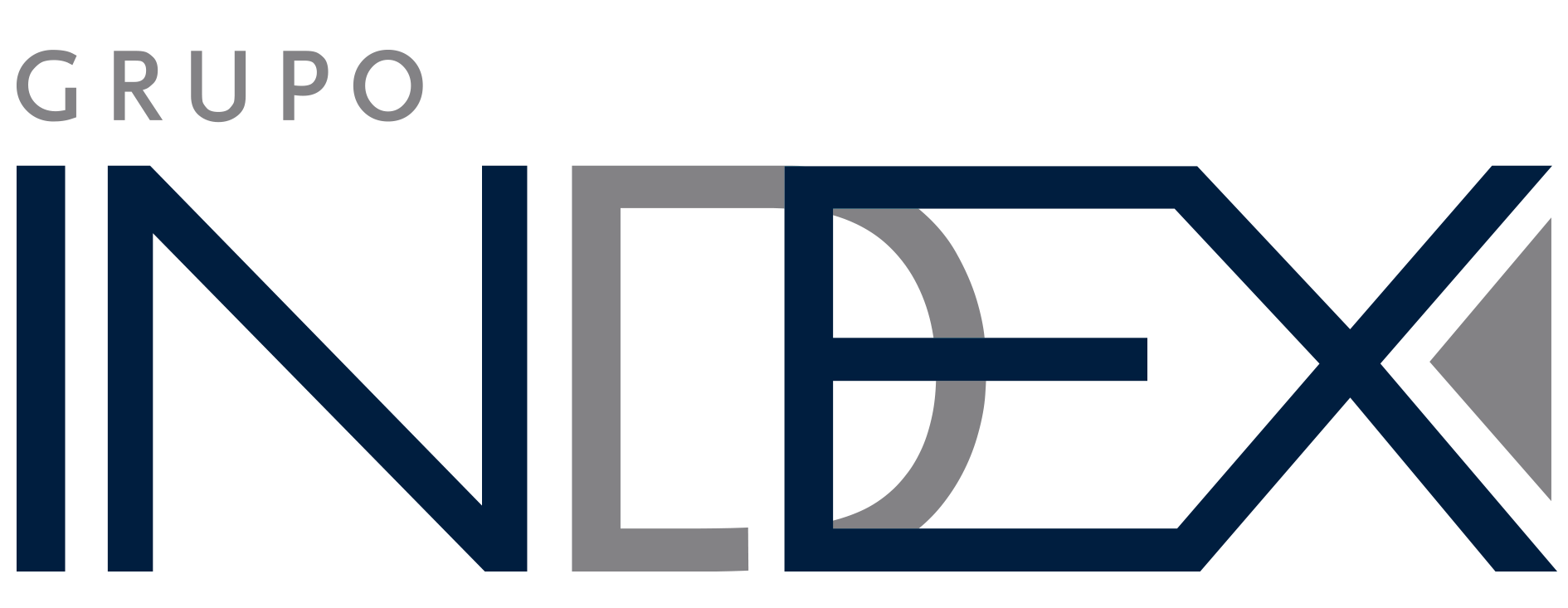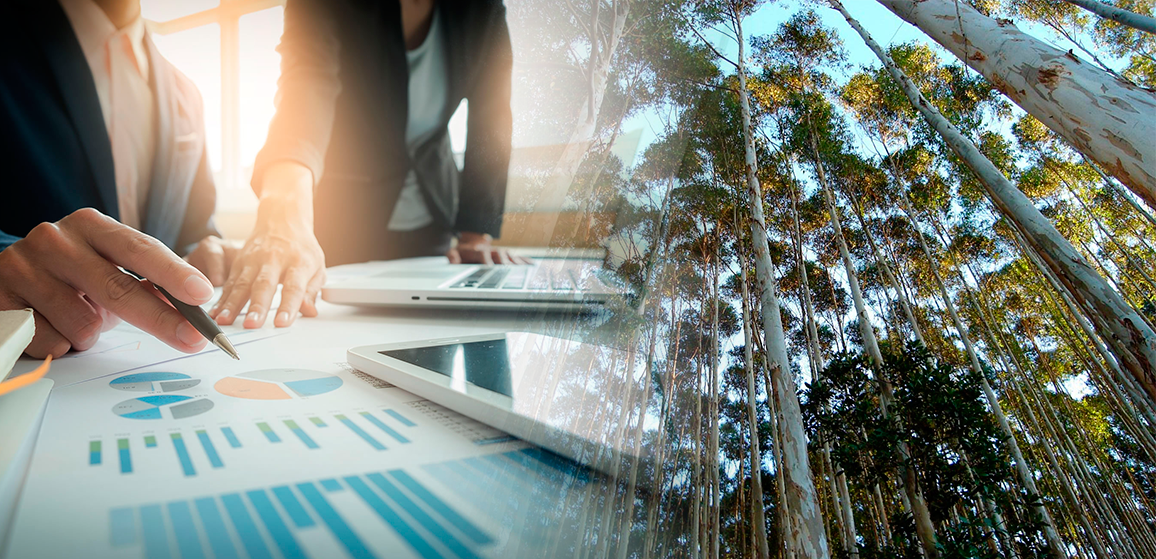Valuation is an widely used expression in the corporate world to designate the analytical process for determining the current or future value of an asset or company. Valuation is an important tool in determining the fair value of an asset, based on what the market is willing to pay at the moment and its intrinsic value, that is, the future gains that the asset can provide to its investors.
As the forestry activity return occurs in the long term, the determination of the intrinsic value of the asset through an adequate valuation is essential to understand the return that the forest will bring to its owners / investors.
Forest assets are appraised in different ways, according to the characteristics of the business. In the case of vertical companies, where the value of the asset is part of the value of the companies as a whole, the valuation of the forestry asset is for accounting purposes and must be carried out by means of a specific accounting standard (CPC 29), based on a flow discounted cash flow.
In the case of non-vertical forest assets, the value of the forest must be determined by applying a specific technical standard, established by the Brazilian Association of Technical Standards (ABNT), NBR 14653-3 (asset valuation, part 3: real estate rural areas). More than guidelines, the standard presents a detailed methodological procedure for the evaluation of both biological assets and bare land. Here the motivation for carrying out the valuation may be in preparation for a merger or acquisition operations, for its use as collateral or for the reporting of the fair value of the asset to its investors.
Today, Brazil has about around 800 thousand hectares of planted forests managed for investment funds, mostly foreign. As the Brazilian standard is valid only in the national territory, the valuation of such assets must be guided by international standards and instructions. Because the majority of such funds are of North American origin, the valuation in this case follows the guidelines from the Uniform Standards of Professional Appraisal Practice (USPAP), which is a set of valuation standards technically supported by a number of accounting institutions in the United States. In addition to USPAP, appraisals conducted for foreign institutions must follow the standards of the International Financial Reporting Standards (IFRS), international accounting standards published and reviewed by the International Accounting Standards Board (IASB).
If the valuation of the forest asset is a relevant activity in normal times, so that owners, investors, financing institutions and potential buyers are aware of the fair value of the asset, in the current times, where a pandemic is threatening the global economic stability, the correct understanding of the asset’s value is even more necessary.
The appraisal of forest properties depends on a series of variables and assumptions that must be carefully evaluated, discussed and established by the appraiser, based on knowledge of the market and the activity itself. Thus, any impacts that COVID-19 may have on the forestry market should be subject to analysis by a good appraiser, as they may affect the value of the forestry asset.
How could the pandemic change the value of forest assets?
Let’s take as an example a real asset, whose was appraised recently by Index Florestal recently in 80 million reais (around 13 thousand hectares of eucalyptus plantations). The impacts of COVID-19 on the forestry sector are not yet fully known and will vary according to the segment of the production chain (the Index Group recently published an article on this topic, which can be accessed here). The asset used as an example of this case study is linked to a domestic final market sensitive to the consumption reduction caused by the impacts of COVID-19. The wood price of this asset is likely to decline over the next few months as a result of reduced market activity. If the crisis reduces the price of wood by 10%, the total value of the asset will be automatically reduced to R$ 64 million.

How to explain to the investor that the asset from one year to another has lost 20% of its value? A detailed appraisal, methodologically consistent and developed by a qualified company, with knowledge of the market and the forestry activity and an experienced technical staff, is the best way to do this.
The Index Group develops works in the valuation area for both verticalized companies and non-verticalized assets since the 1980s. During this period, the Group developed hundreds of valuations in forest, agricultural and industrial areas. More recently, in the last ten years, the Index Group started to develop appraisals following international standards, however, with creating its own method, which combines the methodological rigor of the national standard with the transparency of international standards. The Index Group team has forestry engineers affiliated with the Brazilian Institute of Engineering Assessments and Expertise (IBAPE), specialists in the field of forestry business and economics and experience in the Brazilian forestry market.

